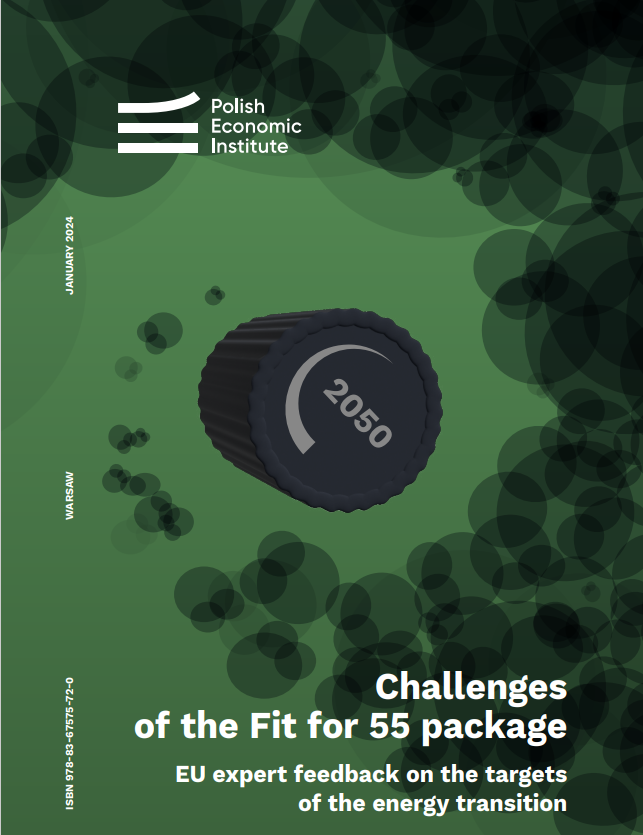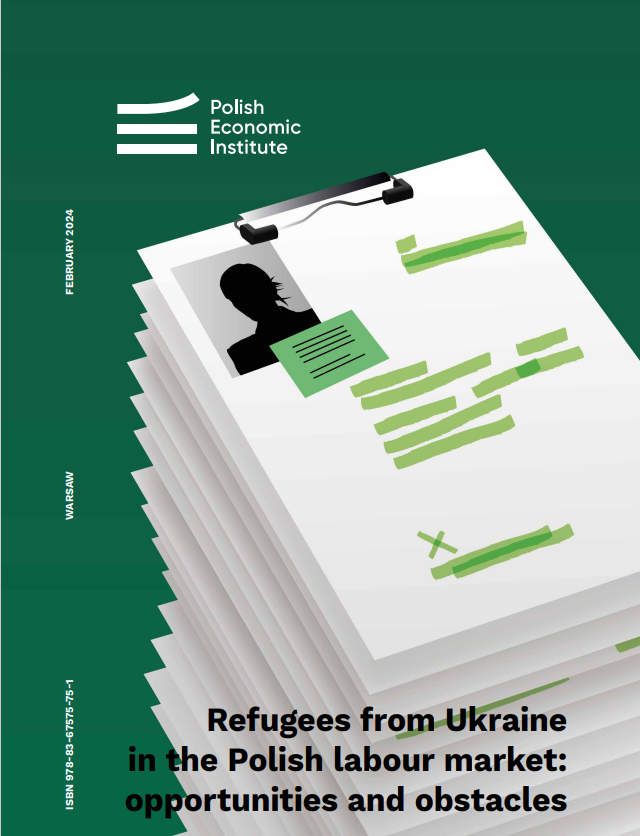20 years ago, Poland and nine other countries joined the European Union. According to an analysis by the Polish Economic Institute, the GDP per capita of the eight countries in the region is 27 % higher than it would have been had they not joined the EU. The figure for Poland is 40 %. Central European countries are beneficiaries of European funds. In total, they have received EUR 355 billion. The greatest benefits, however, have come primarily from the single market: the inflow of foreign direct investment, the cumulative value of which has increased 21-fold, and integration into global supply chains. The value added generated in ICT services doubled between 2008 and 2021. The region needs to continue to close the development gap, primarily in increasing innovation and improving quality of life and education. These are the main conclusions in the Polish Economic Institute's report “The Big Bang Enlargement. 20 Years of Central Europe’s Membership in the EU”
The Polish Economic Institute analysed the predictions of energy sector experts from 23 EU Member States about meeting the targets of EU climate and energy policy. The least concern is the ban on the sale of combustion passenger cars before 2035 - more than 70 % of those surveyed believe this is achievable. At the same time, only 44 % of the experts surveyed believe that the EU will have achieved climate neutrality by 2050. The biggest doubt is about meeting the target for the share of RES in the EU's energy mix in 2030 - 56 % of them believed that it would not be possible to meet this target by that date. Fewer than one in three experts (29 %) from Central Europe were confident that their country would meet the CO2 reduction targets set out in the Effort Sharing Regulation (ESR). The most controversial topics the European experts disagree on are the electrification of district heating and the future of nuclear power. These are the main conclusions of the Polish Economic Institute's report entitled "Challenges of the Fit For 55 package: EU expert feedback on the targets of the energy transition."
65% of war refugees who came to Poland from Ukraine are in employment. The employment rate is currently the highest among Organisation for Economic Co-operation and Development (OECD) countries. Research conducted by the Polish Economic Institute shows that Ukrainian refugees face various challenges in the Polish labour market and sometimes experience unequal treatment. In several of the industries surveyed that do not require specialised qualifications, employers respond less frequently to CVs sent by Ukrainian women compared to those sent by Polish women. The difference of nearly 30 % is a signal of potential discrimination at the initial stage of recruitment, according to the latest report by the Polish Economic Institute 'Refugees from Ukraine in the Polish labour market: opportunities and obstacles'.




